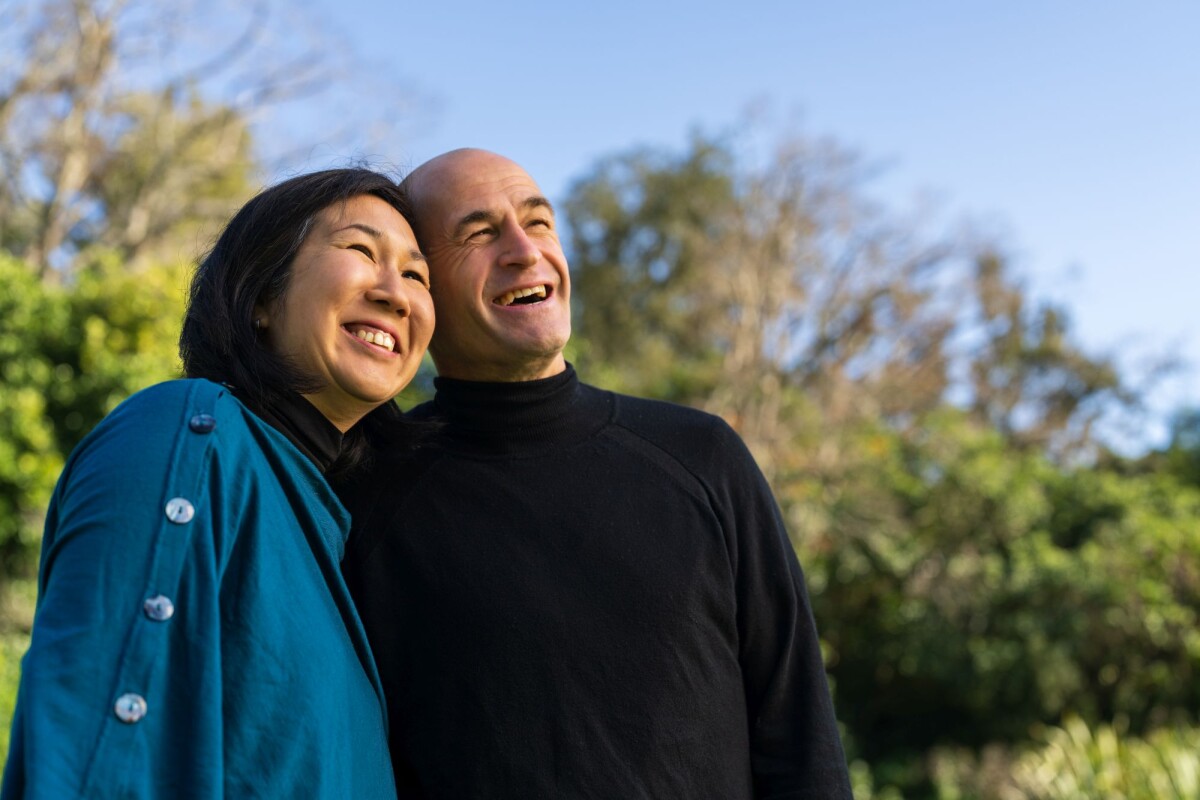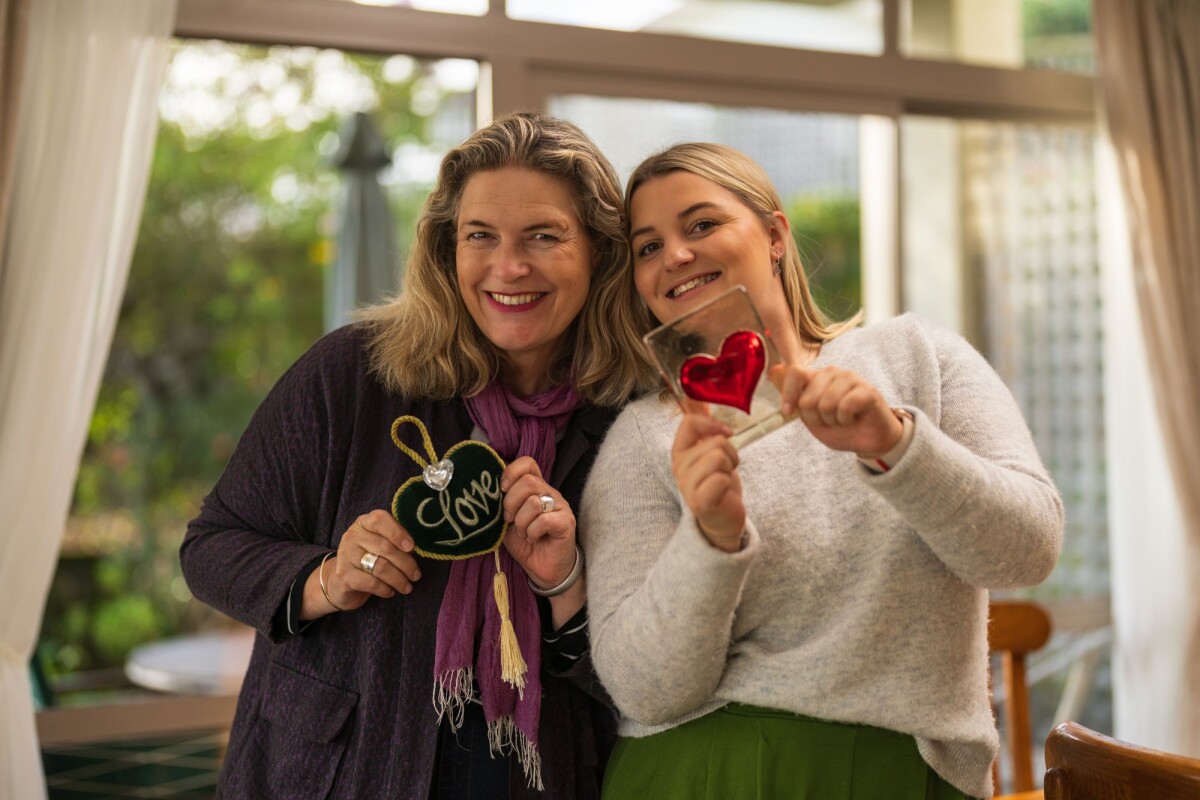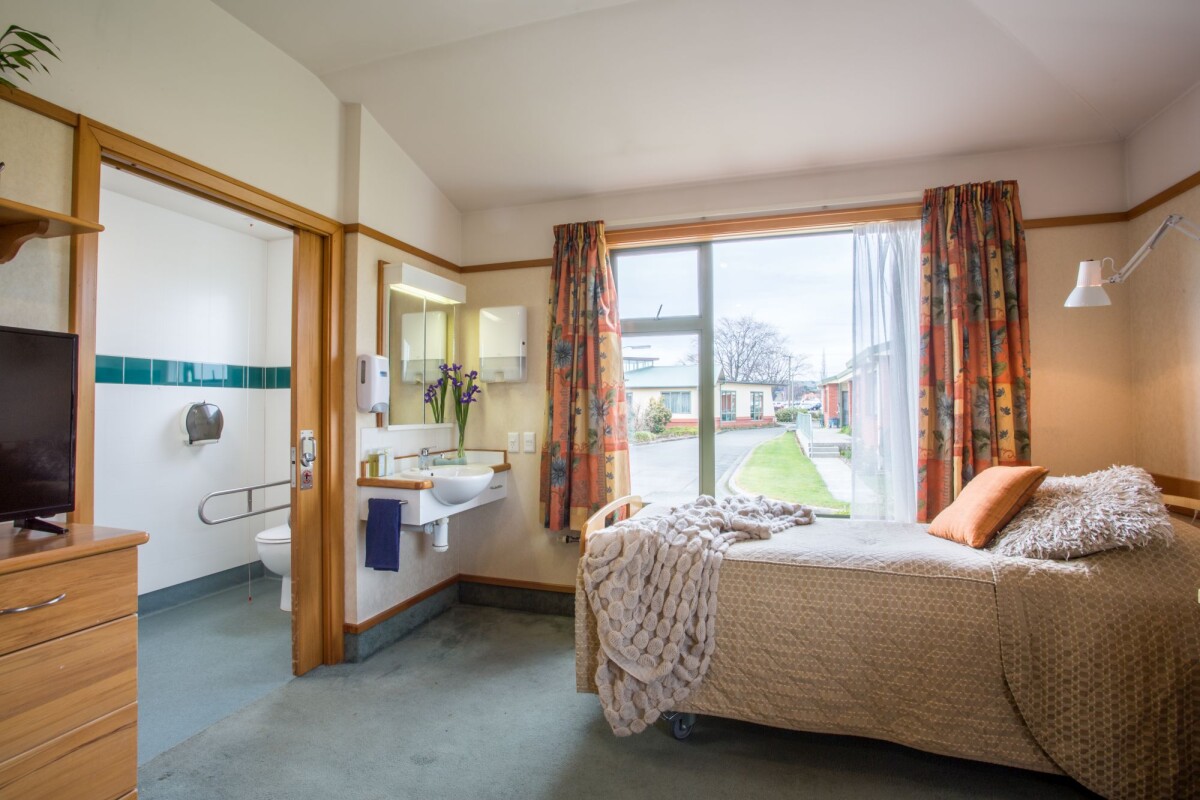
The cost of rest home care in New Zealand can vary depending on a range of factors, including
Maximum Contribution
The government sets the maximum weekly fee for rest home-level care annually, and it varies by region.
Room Type
Premium rooms with added features may incur an additional charge.
Extras
Optional services like special activities may involve extra costs.

Options available
Residential Care Subsidy Eligibility
For those aged 65 or older, an asset limit of $284,636 applies to qualify for this subsidy.
Type of Care Needed
Costs depend on the level of care and support required.
The fees for standard rooms are consistent across all care centers in a region, as they are set by the Health New Zealand.
If you need financial assistance, there are options available.
Residential Care Loan
An interest-free loan paid directly to the care home.
Support for Partners
Financial help is available for those remaining at home to maintain their independence and visit their loved ones.
We are here to guide you through understanding and managing these costs, ensuring you or your loved ones receive the best possible care.

Weekly Fees at Enliven
What is included in the weekly fee?
The services listed below are included in the weekly fee set annually by Health New Zealand
- Lodging in a shared room or single room with reasonable access to shared bathroom facilities
- All furniture, fittings, fixtures, bedding, utensils reasonably required by the resident. Residents can choose to use their own furniture and possessions where they can be reasonably accommodated
- A food service of nutritious meals and refreshments and snacks at morning and afternoon tea times
- Cleaning services and supplies
- Laundry Services
- An accessible and sheltered outdoor recreational area
- ACtivitties Programme
- 24-hour personal care in continuing care, hospital, and rest home care
What is not included in the weekly fee
- Specialised assessment, treatments and rehabilitation
- Physiotherapy, occupational therapy and podiatry, (unless prescribed by a medical practitioner or nurse practitioner under a treatment programme to a resident receiving a subsidy from an agency)
- Customised equipment, personal care equipment and personal mobility equipment
- Replacement and repairs to spectacles, dentures, hearing aids and other prosthesis
- Choosing or having prescribed medication which is more expensive than the normally accepted medical treatments for the illness/condition
- The provision of equipment, aids, medical supplies or services that relate to conditions covered by Te Whatu Ora funding
- Services such as those provided by dentists, opticians, audiologists, laboratories, radiologists, dietetics, chaplains, dry cleaners, hairdressers and solicitors
- Clothing and personal toiletries, other than ordinary household supplies
- Charges for phone calls made by the resident and phone lines rented by the resident
- Insurance premiums for the resident’s personal belongings such as dentures and hearing aids
- Interpreter's service, if English is a second language
- Special outings, newspapers, entertainment/parties and shopping and special activities.
- Advocacy and GP services, requests by family or resident, e.g. mental capacity assessment
- Premium quality rooms, single rooms, rooms with separate or shared ensuites.
- Transportation (please refer to the Resident Admission Agreement under clause 15.1 to find more information)
- Newspapers
- Shopping and special activites
- Dietetics
- On admittance to Peacehaven any personal electrical appliances or devices being bought in by a resident must be electrical tagged and compliant prior to admission. To cover the costs associated with the electrical tagging program, an annual fee of $50 will be invoiced to you on the 1st of September. This fee will help offset the expenses of inspection and tagging to keep your electrical appliances and devices safe and compliant. Peacehaven will cover the costs of tagging the electrical appliances and devices that belong to our care home.
- Any other services requested by the resident but are outside the scope of the core services
For pricing, contact our team below.

How to apply for the Residential Care Subsidy
Step One
Complete the application form supplied by your Needs Assessor.
Step Two
Send the completed application form to the WINZ Invercargill office (33 Gala Street, Invercargill) within 90 days of admission to your care home. Keep a copy for your own records.
Step Three
WINZ will conduct a financial means assessment and inform you whether you qualify for and will be granted the residential care subsidy.

Four possible outcomes
- Full subsidy granted
- Partial subsidy granted but requiring a private contribution.
- Your subsidy application is declined. However, the government will continue to pay any top-up amount above the Maximum Contribution for dementia and hospital level care. You will continue to pay the Maximum Contribution from your private/superannuation funds.
- Application declined, and you apply for the Residential Care Loan: Contact your Needs Assessor to request the Residential Care Loan form. Fill it in and send it to WINZ Invercargill to complete an Asset Assessment to find out if you’re eligible. To apply, you must first complete the Residential Care Subsidy process. You will continue to pay the maximum contribution to Enliven/care home until WINZ makes a decision.
Please note that the Premium Accommodation charge must always be paid via your private funds.
For more information, please visit Work and Income with the button below

Frequently Asked Questions
When moving into one of our care homes there are many questions that you may have.
Click below for a list of commonly asked questions.

